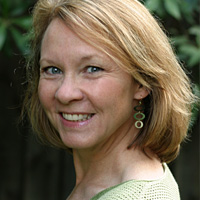Ninety years ago today, Secretary of State Bainbridge Colby certified the 19th Amendment to the Constitution. After a 70-year struggle, American women had won the right to vote. Two years later, Rebecca Latimer Felton was appointed to fill a vacancy in the Senate. Quick progress? Not so fast. Felton served just 24 hours after being sworn in.
Felton was the first in a, well, shortish line of only ten female Senators in the next 50 years, all of whom gained office by filling temporary vacancies or seats opened on the deaths of their husbands. Only three served full terms. It was 1978 when Nancy Kassebaum of Kansas became the first woman elected in her own right, and her father was the governor.
This may seem old news in a state home to two longstanding female senators and the first female speaker of the house. But the first time even three women senators sat together in chambers was 1992, and there are currently just 17. Over 80 percent of members of congress and governors are male, as are 72 percent of state legislators. We rank 84th in the world in women's involvement in politics.
Voter bias plays a factor: nearly one in four Americans agrees with the statement, "Most men are better suited emotionally for politics than are most women." Eighty five percent of voters think there is gender bias, which certainly must discourage aspiring women. But another problem is one of perception: In surveys done by Jennifer Lawless of Brown University, 60 percent of men self-identify as "qualified" for political office, compared to only 38 percent of women. Many men who self-identify as "unqualified" would consider a run, while women are less likely to get encouragement to enter politics, and often unaware that they are. Women who understand they are being encouraged do respond positively, though.
So on this 90th anniversary of suffrage, please give some thought to women you know who might make effective legislators, and pick up the phone and tell them so.
